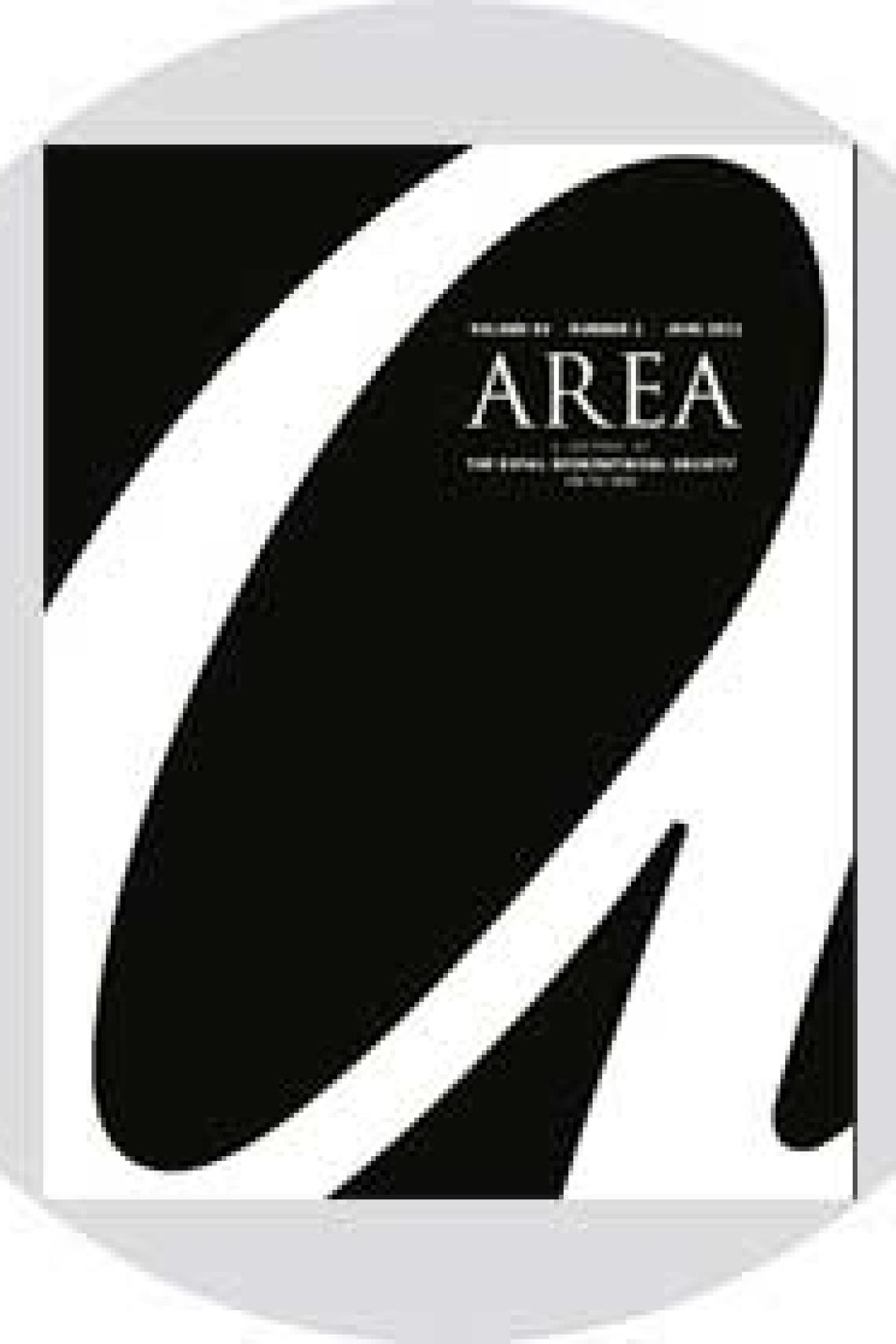New article by Hanno Brankamp explores methodological import of emotions in refugee research
A new paper by Hanno Brankamp advances debates in camp geographies and forced migration studies by centring the methodological import of emotions and affect in research on refugee camps.
Camps are often spatial expressions of compassion, fear, care, suspicion, but also incubate hope, solidarity, and feelings of belonging among encamped communities.
Researchers are never insulated from these complex emotions and affects. While qualitative, ethnographic, experiential, or otherwise sensory methods continue to be widely used in this field of study, the emotional entanglements that arise from the embodied encounters between researchers, residents, and camp spaces are not yet well understood.
The paper argues that it is methodologically pertinent not simply to incorporate such affectual intensities into existing readings of the camp as an exceptional space, but to understand people's differentially experienced feelings as actively shaping the camp's geography. It illustrates this argument by engaging with feelings of suspicion that pervaded the author's long-term ethnographic fieldwork in Kakuma refugee camp in Kenya.
Ultimately, the paper urges scholars to explore camps beyond their known capacities for controlling mobility and motion as spaces that are also imbued with feelings and sensibilities.
Hanno Brankamp (2021) 'Feeling the refugee camp: Affectual research, bodies, and suspicion', Area, DOI: 10.1111/area.12739

